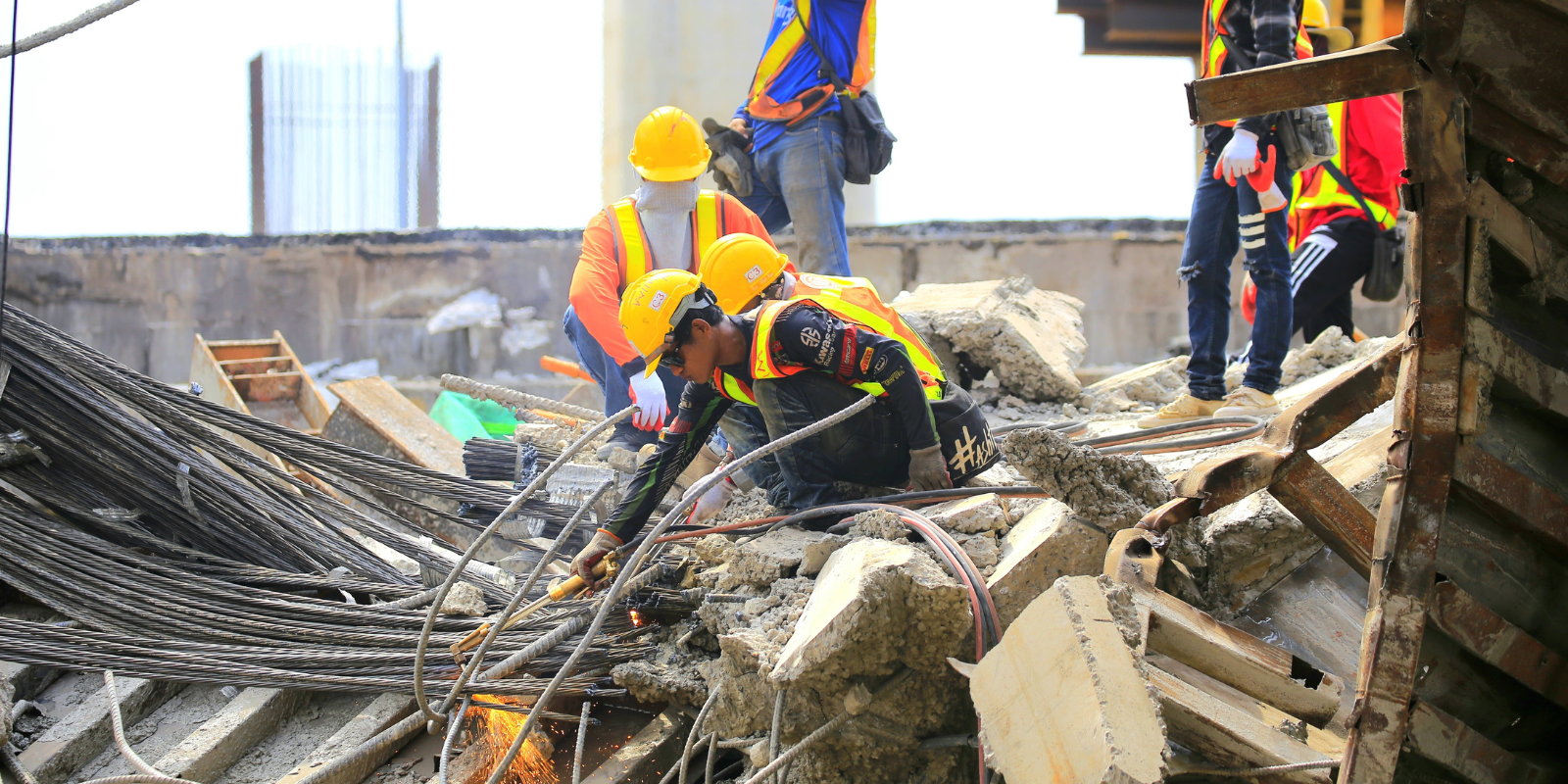-
Acupuncture can relieve pain.
When studying acupuncture, you learn the Chinese medicine side of how we evaluate the patient, diagnose ailments and come up with a point prescription for that patient, including over 500 hours in the acupuncture clinic. We also have 500 hours of classroom training in Western medical science. So, we're trying to understand from both perspectives how acupuncture works.
According to Chinese medicine, there are 12 major energy meridians through which spiritual energy, or “chi,” flows. The meridians are located throughout the body and are all connected. When a person experiences disease or pain, the free flow of chi throughout the body is disrupted. Inserting these needles can help the chi run more smoothly, and then you start feeling better.
According to Acupuncture Today, there are also five Western medicine mechanisms that explain this Chinese medical art from 2,500 years ago.
-
One is extra-segmental analgesia, which increases the pain threshold. It increases the neuromodulators, including beta endorphins.
-
The second one is central regulatory, which stimulates the deeper parts of the brain, which is the limbic system that helps to control pain.
-
Number three: local effects of a neuropeptide called CGRP that's released at the needle insertion site. CGRP causes vasodilation, which increases the perfusion to affected local tissues. Just the act of inserting the needle into the tissue increases the vasodilation, which widens the blood vessels and increases blood flow, thereby providing a healing response.
-
Four is segmental analgesia, in which the acupuncture simulates the alpha delta fibers, which decrease the activity of the dorsal horn. That affects segments along the spine and how pain is interpreted by the brain.
-
Finally, the last one is a myofascial trigger-point release. When you have pain, let's say you have pain in your shoulder, the muscle gets shortened and that creates a trigger point. And so when we insert the needle into the trigger point, it physically disrupts the dysfunctional muscle and causes a vasodilation of the area as well.
-
Acupuncture calms the mind and helps with stress and anxiety.
Acupuncture calms your nervous system down and regulates it. I think most people really can benefit from it because it is very relaxing, and it puts you into the parasympathetic state so that you're in a “rest and digest” rather than a “fight or flight” state. This allows your body to move toward homeostasis, or a state of equilibrium. Your body knows how to heal. Acupuncture is just a tool to allow your body to do what it needs to do. It would be great for students right before, during and after finals.
-
Acupuncture can help with infertility.
A lot of times acupuncture is used as an adjunct to whatever the patient's doing with their Western medical doctor, and we do encourage that as a profession. We feel like acupuncture can be very supportive in addition to Western medicine. It all depends on the patient's preference. Some patients prefer to try acupuncture first before they try, for example, in vitro fertilization (IVF).
In fact, that's my own personal experience. When my husband and I were trying to start a family, we were young, we were trying, and we didn't have any success for about a year and a half. We went to our physicians. They found nothing wrong medically with either of us. They sent me to a fertility doctor, and they wanted to start me on Clomid, which is a drug that helps you produce more eggs per cycle, which gives you a better chance to get pregnant.
I heard their story and said, "I've heard that acupuncture can help with this. I'm going to try acupuncture first." I'd never tried it before. I found an acupuncturist and within two sessions I was pregnant. So, I said to myself, "Someday, I'm going to study this medicine. This is incredible."
-
Acupuncture doesn’t hurt.
The needles are very small and mostly painless. You can feel the insertion happen, and there are some points on the body that are more sensitive than others. But in general, it's much less painful than getting a shot or a hypodermic needle in the arm because the needles are so thin – 16 of them fit into the size of a pin. The more experienced the acupuncturist is, the less painful the insertion is. Also, the needles are never reused.
-
There are few negative side effects.
If people are afraid of needles, it might not be the most pleasant experience, but, again, the needles are very small. If people are prone to fainting, that can sometimes happen with acupuncture needles.
-
You can see results quickly.
The type of acupuncture that I gravitate toward is called Dr. Tan's Balance Method. With this method I don't treat directly at the site of pain. I use the channels/meridians to treat distally. For example, most headaches are an issue with the gallbladder meridian. I would use a corresponding channel, in this case the heart channel on the opposite wrist to treat the headache. This method is also distinctive because we will often see a decrease in pain from the very first session. It's rare that we don't immediately see diminished pain. It really depends on the patient, and it depends on how long they've had the issue and what the specific issue is.
-
Acupuncture is now available on campus.
The CU Anschutz Health and Wellness Center started offering acupuncture last month. You can visit the website or call 303-724-9355 to schedule an appointment.



